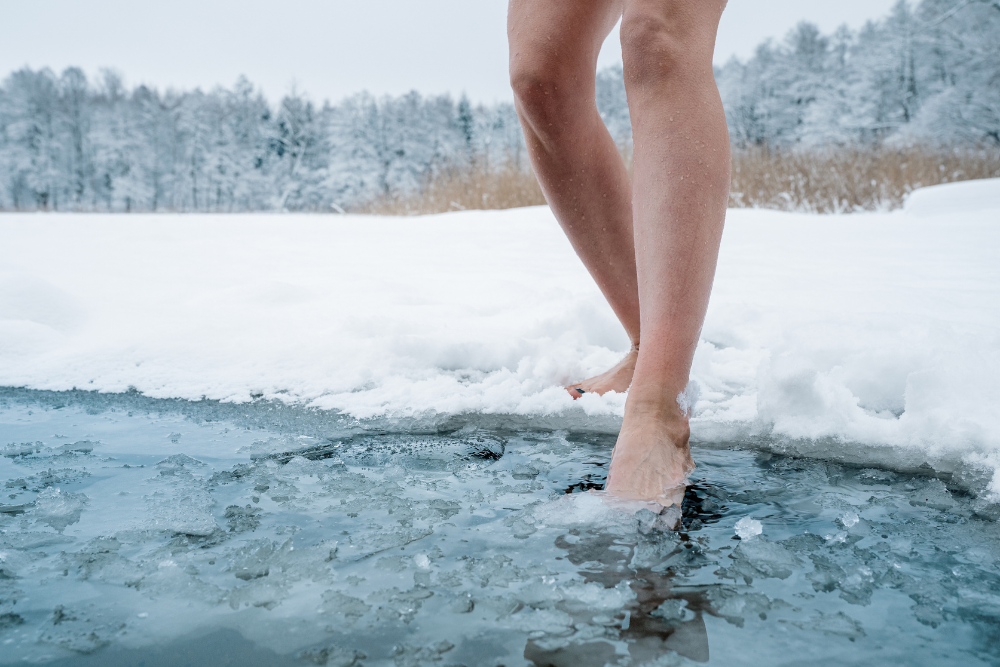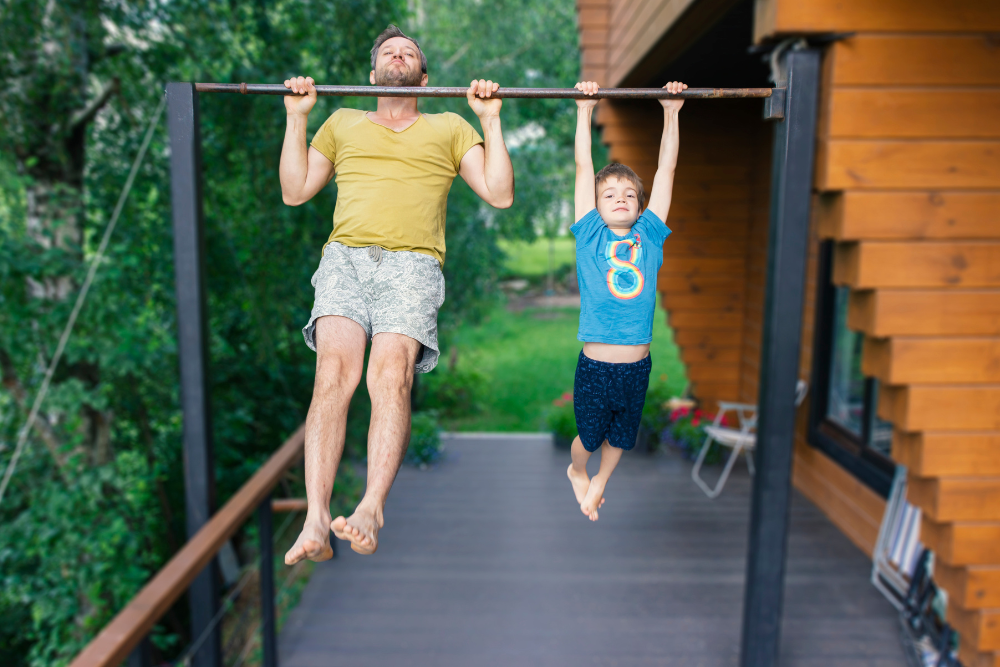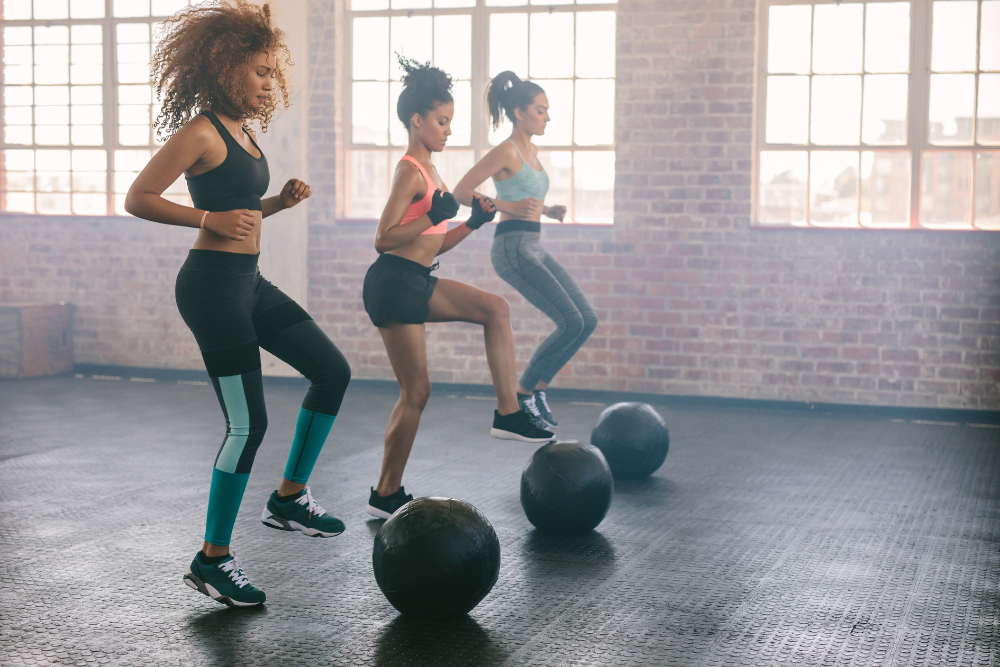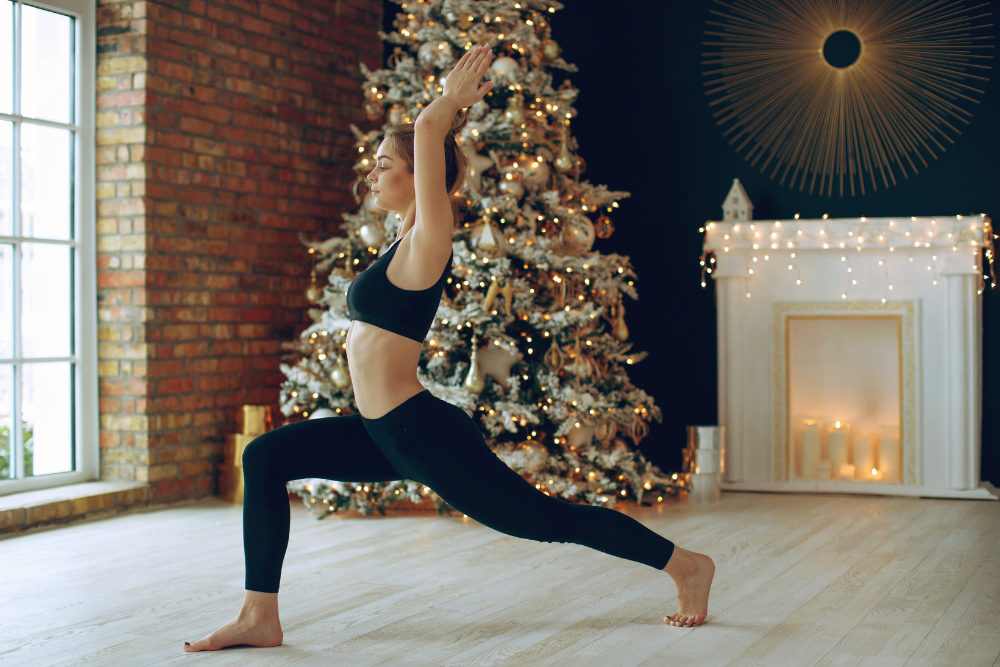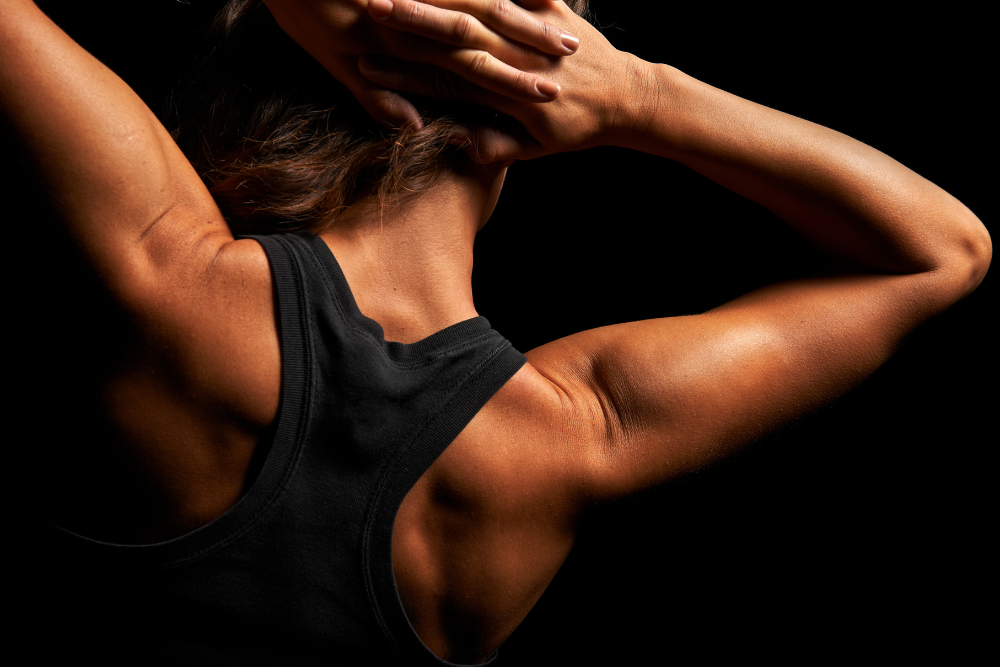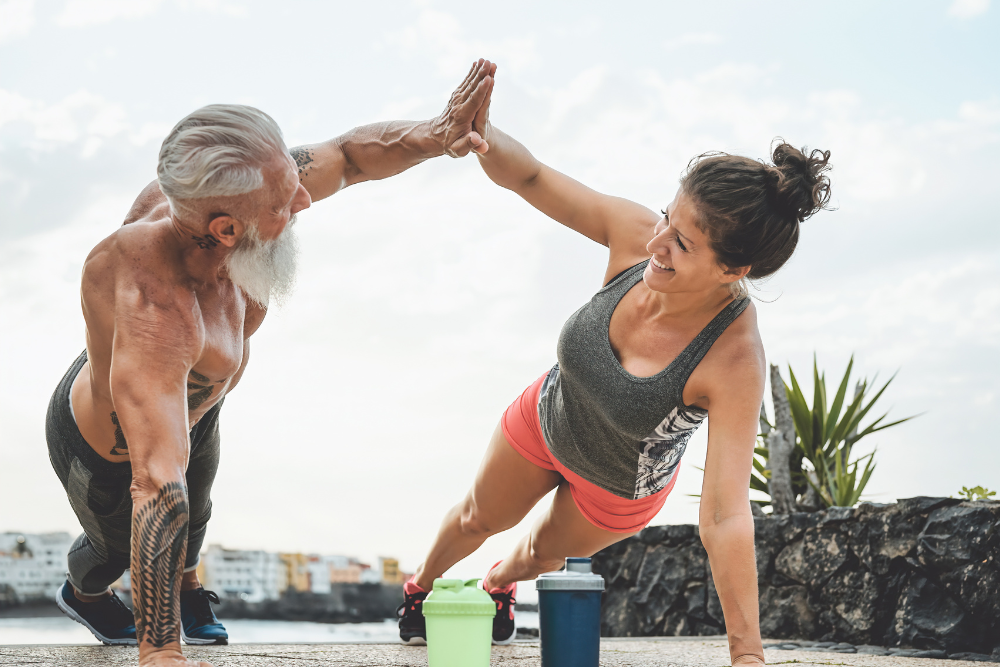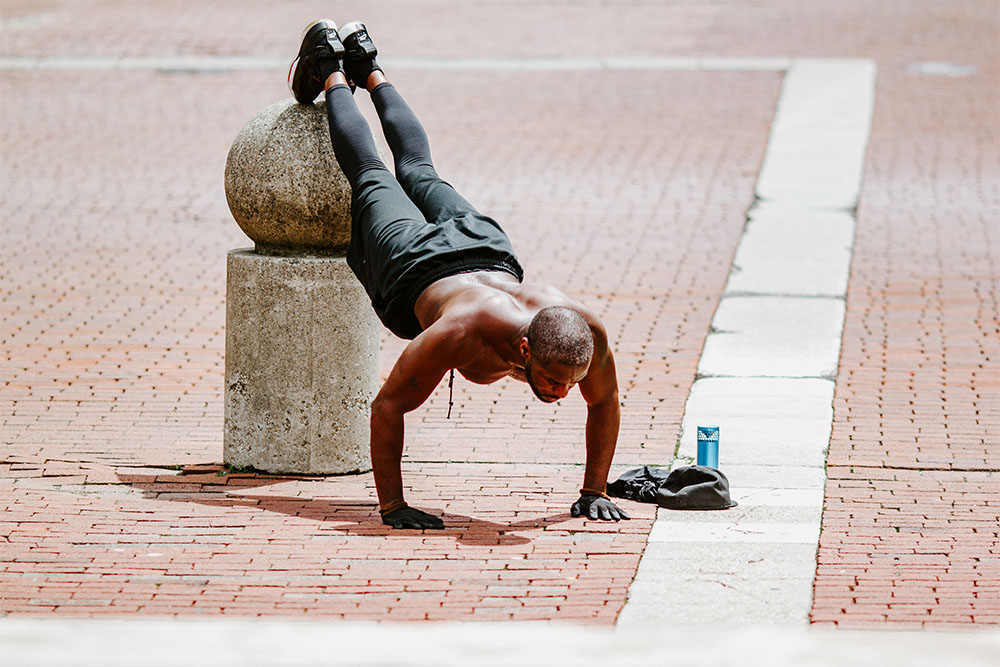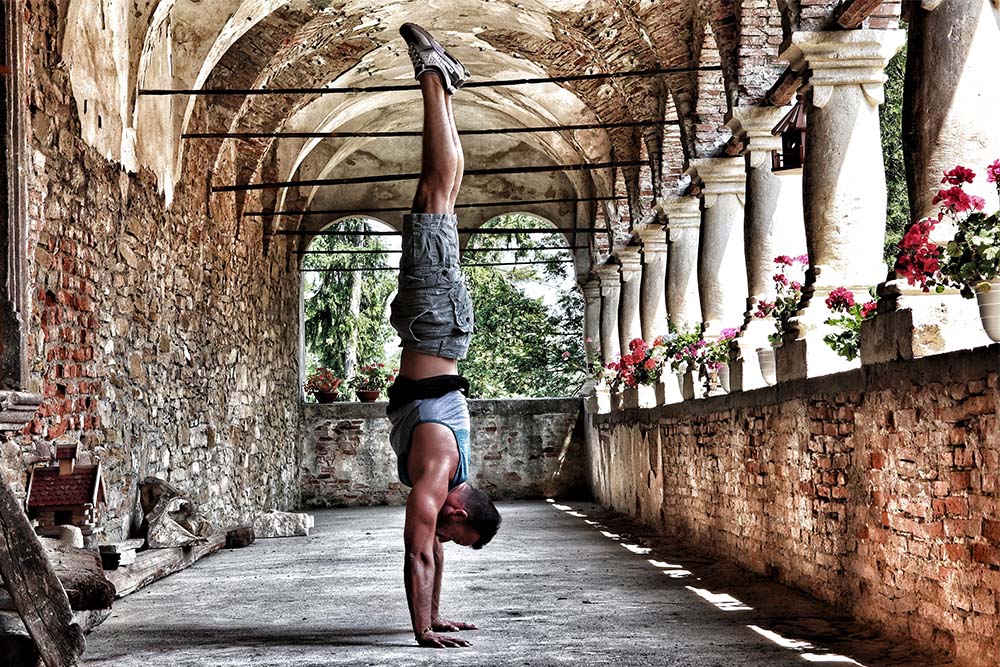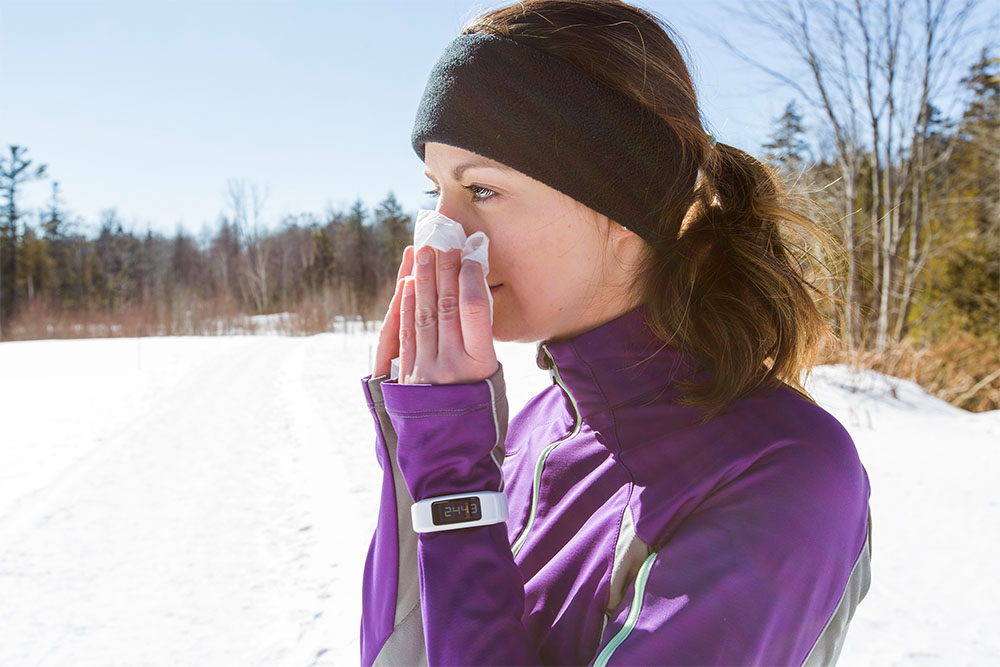Do Female Athletes Need More Sleep?
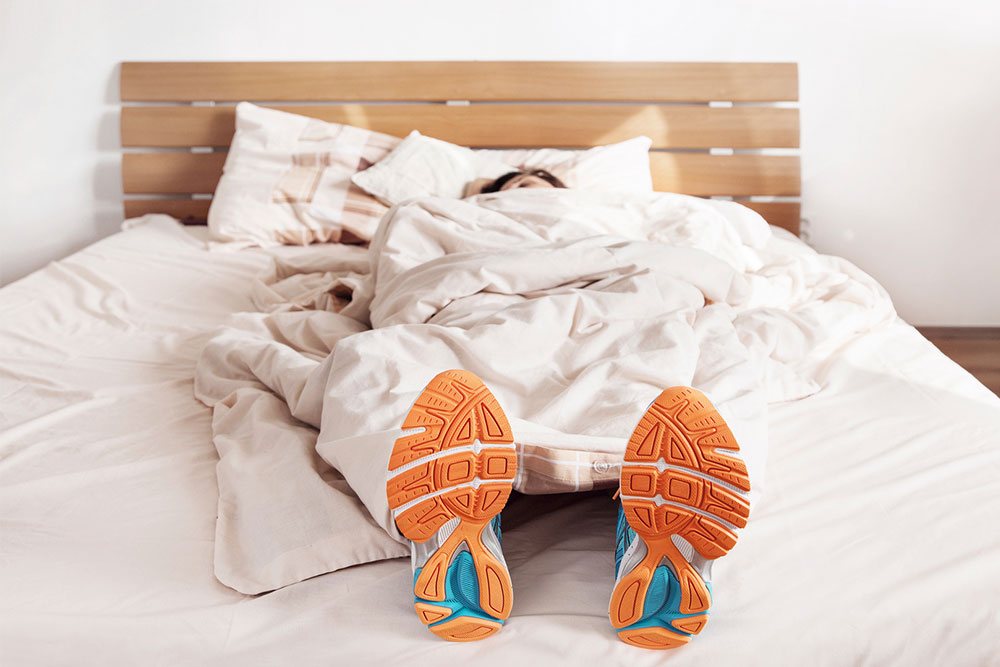
Hadley Seward
Do female athletes need more sleep?
Female athletes face different challenges than our male counterparts. Women are more likely to sustain sports-related injuries than men [1]. We experience hormonal fluctuations throughout the month that can affect how our bodies build or break down muscle. And, as it turns out, we have different sleep needs that could affect our athletic performance.
While there is a shortage of scientific studies looking specifically at female athletes, there is a large body of research about how gender affects sleep.
Here’s what we know about women’s sleep:
- Women need more shut-eye, approximately 20 minutes extra per day.
- Our circadian rhythm is a few minutes shorter than men’s. Researchers don’t know why, but they do know that this slight shift can result in a greater sleep debt over time [2].
- We’re early birds. The difference in our circadian rhythms means that we’re more likely to feel our best in the earlier part of the day.
- We’re more likely to experience disrupted sleep overnight. Women are prone to insomnia and, to make matters worse, oftentimes experience sleep disruptions due to our partners’ snoring. Studies show it’s not uncommon for people to be awoken multiple times per hour by their partner’s snoring.
- As we age, women’s sleep quality generally declines and the rate of sleep apnea rises. Post-menopausal women tend to experience more overnight wakings and express more dissatisfaction with nighttime sleep [3].
- The good news! We can function better with less sleep when compared with men and rebound more quickly from sleep deprivation once we’re able to catch up [4].
 Female athletes need to sleep smarter.
Female athletes need to sleep smarter.
Given that we biologically require more of it, we need to make sleep a priority. Early risers must adapt their bedtimes to ensure sufficient rest. (Always keep in mind that athletes need more sleep than non-athletes—so if you’re training, tack on more time to your sleep requirements. Your body will thank you).
Related Article: Exercise Induced Sleep Improvements
Try to wake up around the same time each day. This will help to regulate your circadian rhythm, which resets each morning, and will lessen the chance that you build up sleep debt incrementally over time.
Don’t fool yourself: just because you can function on less sleep doesn’t mean that you should. Be sure to adjust your training schedule based on your sleep. If you planned an intense workout but had trouble sleeping the night prior, consider adjusting your plan. Training while sleep-deprived makes a sports-related injury more likely.
Factor in sleep requirements when you create a training schedule. There’s no way around it: the body needs sleep to recover between workouts. An intense morning run after too little sleep won’t help you achieve your fitness goals.
The Takeaway.
The fact that we have different sleep needs doesn’t mean those female athletes can’t compete or perform as well as men. Instead of fighting biology, let’s embrace it and be smart about how we work out and how we recover.
Related Article: 7 Tips to Get You Sleeping Again
References
[1] Shmerling, Robert. “The gender gap in sports injuries.” Harvard Health Blog. December 2015.
[2] Duffy, J et al. “Sex difference in the near-24-hour intrinsic period of the human circadian timing system.” Proceedings of the National Academy of Science, September 2011.
[3] Asplund, R. et al. “Nocturnal micturition, sleep and well-being in women of ages 40-64 years.” Maturitas, May 1996.
[4] American Academy of Sleep Medicine. “Weekend sleep fails to improve performance, but women handle workweek sleep loss better.” ScienceDaily. ScienceDaily, 16 June 2011.
You Might Like:

